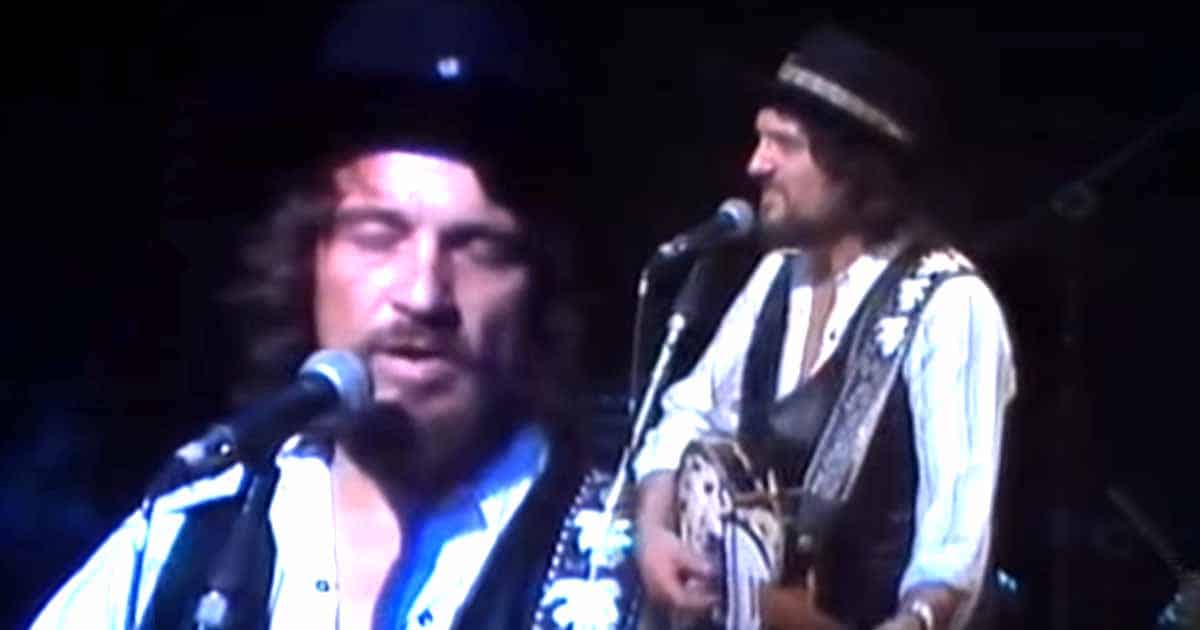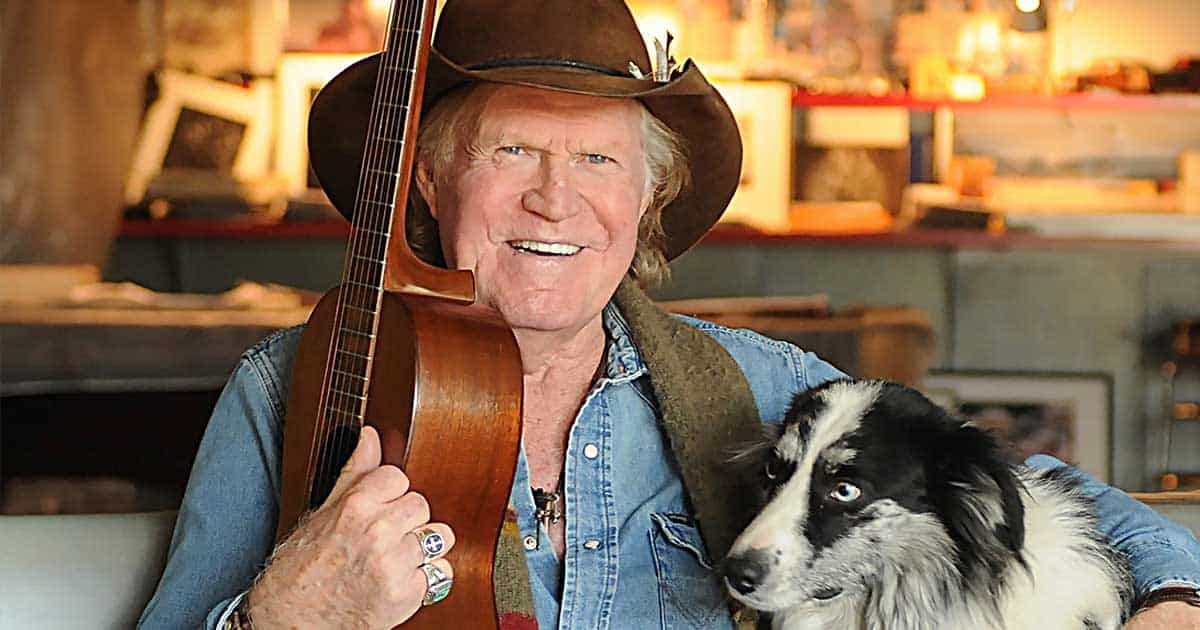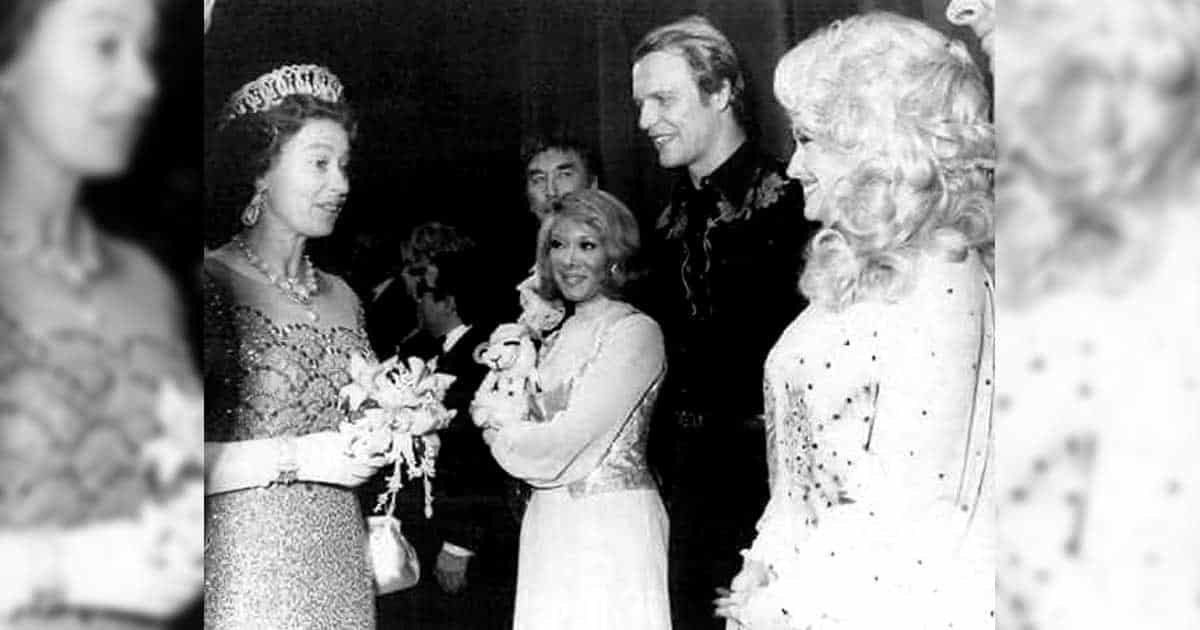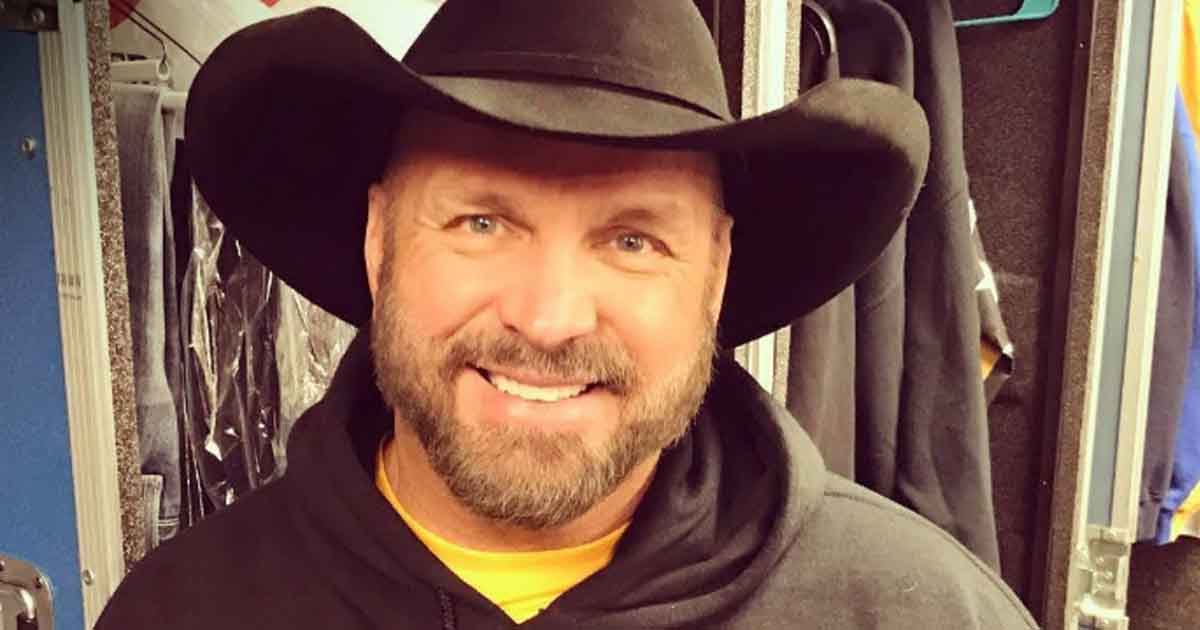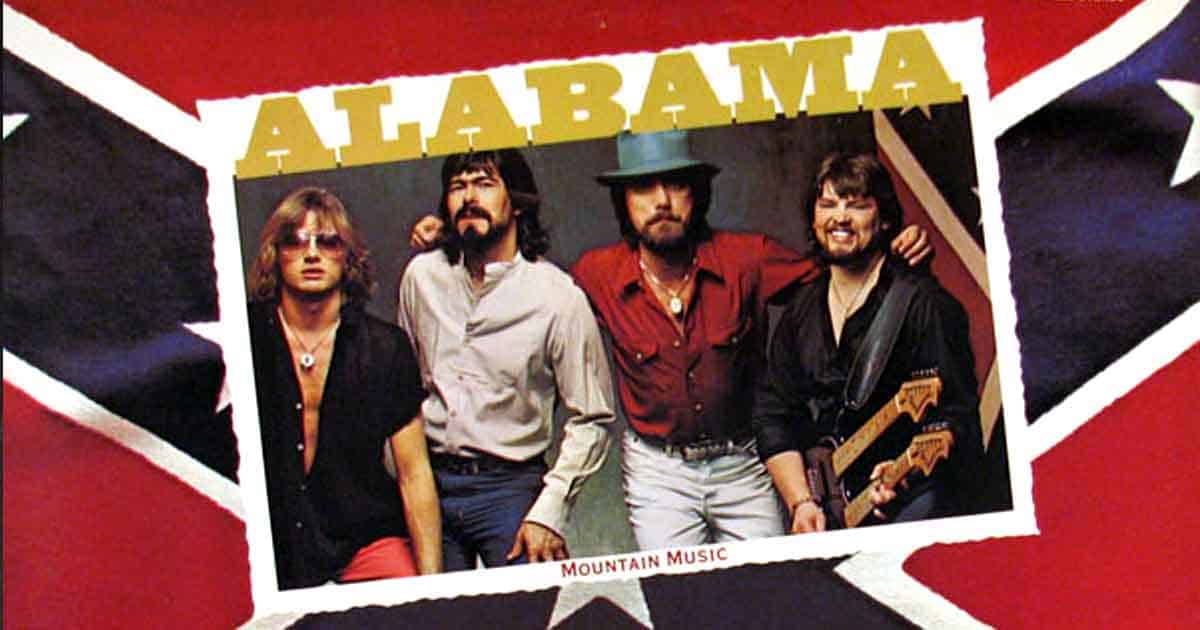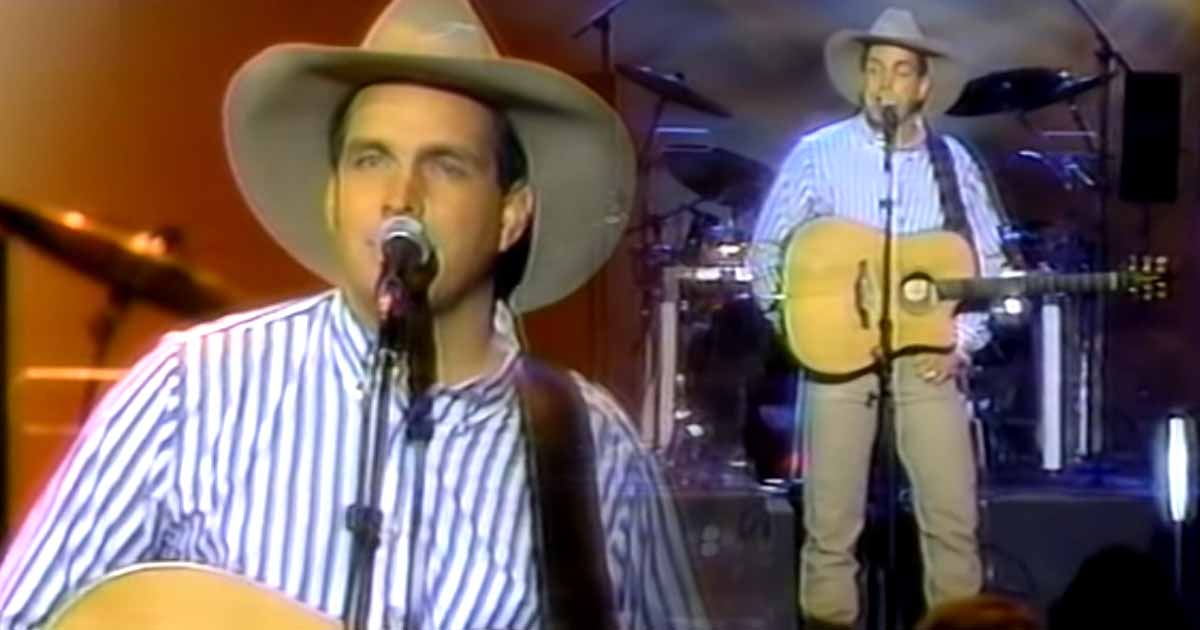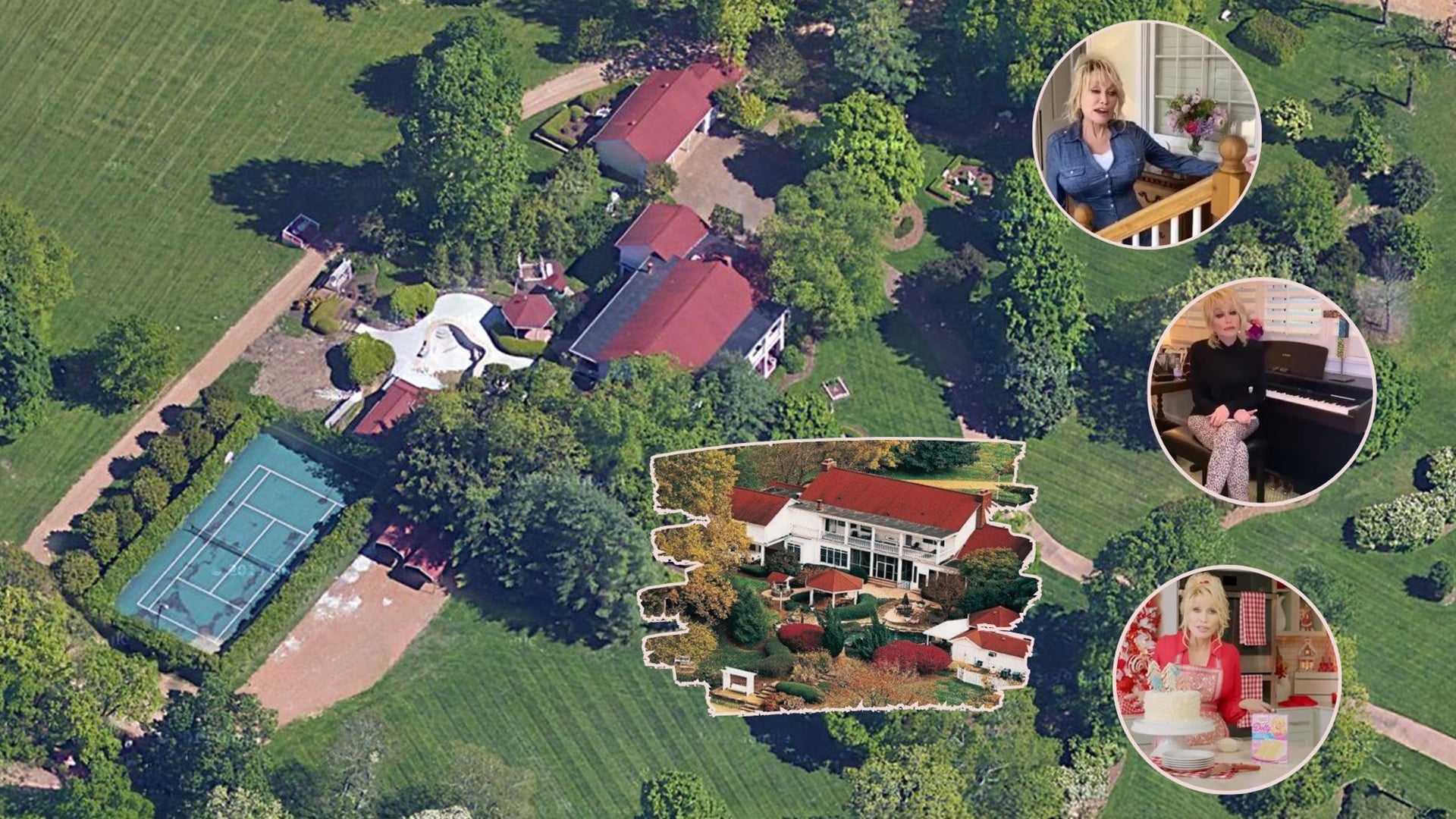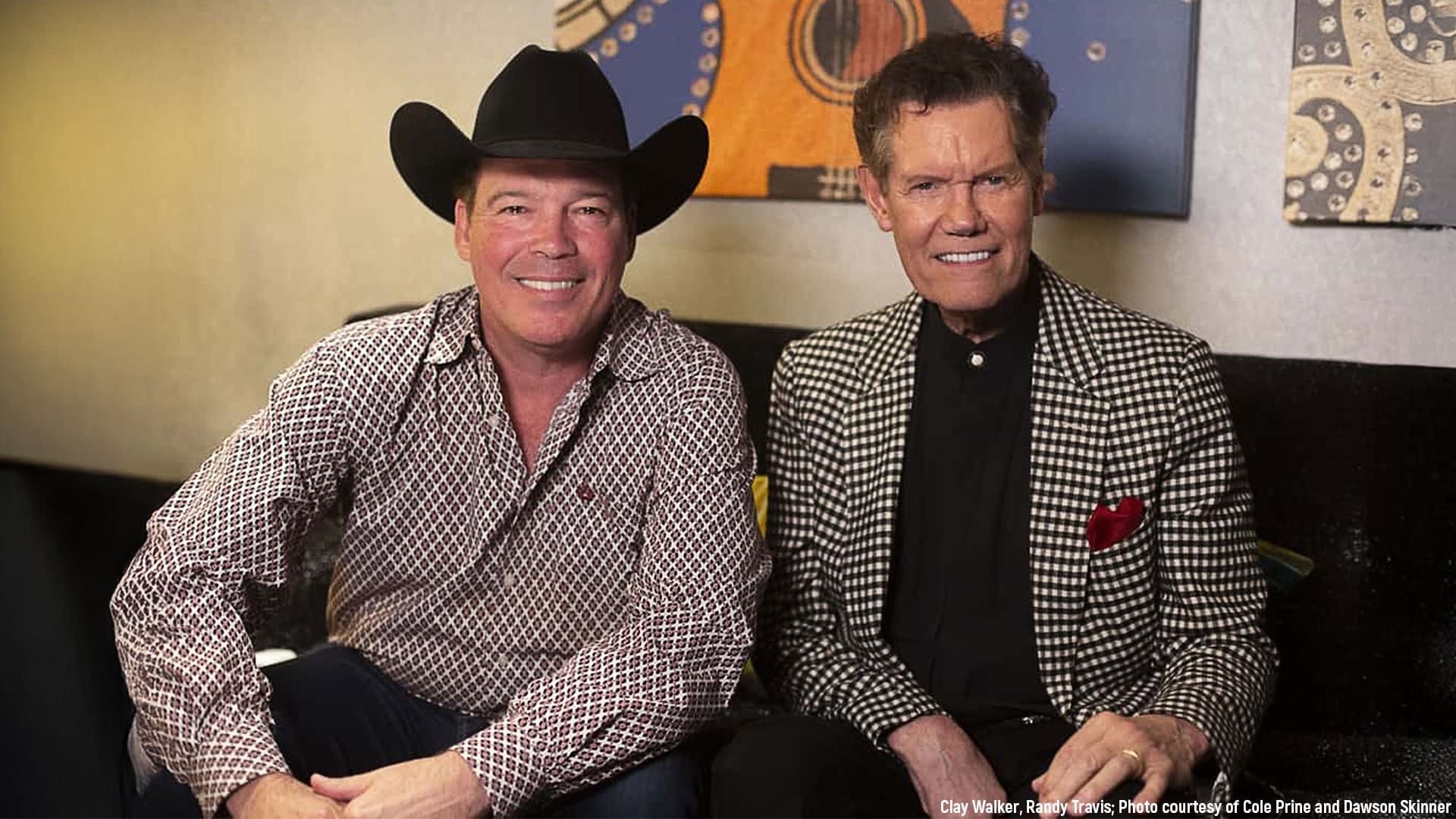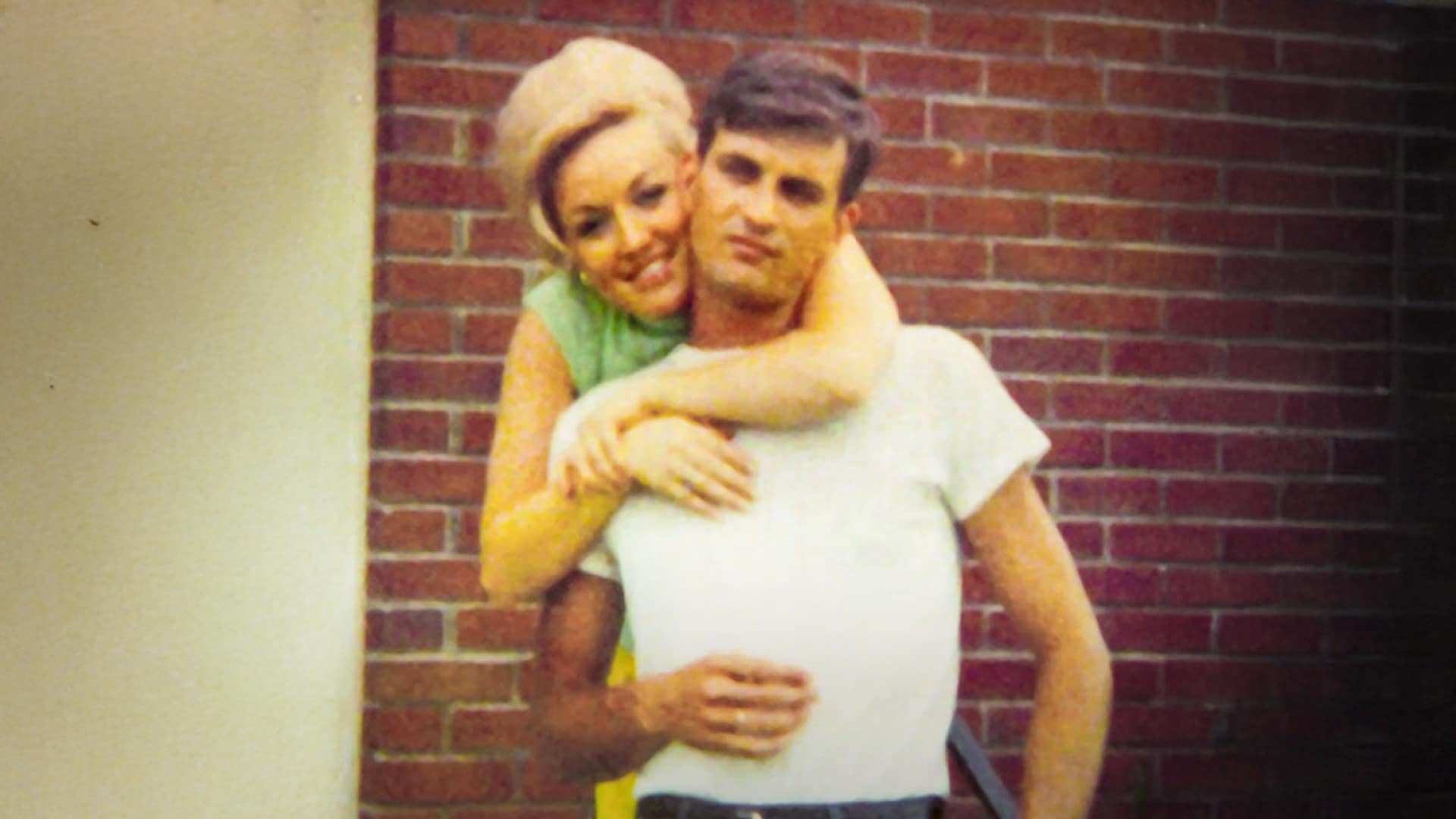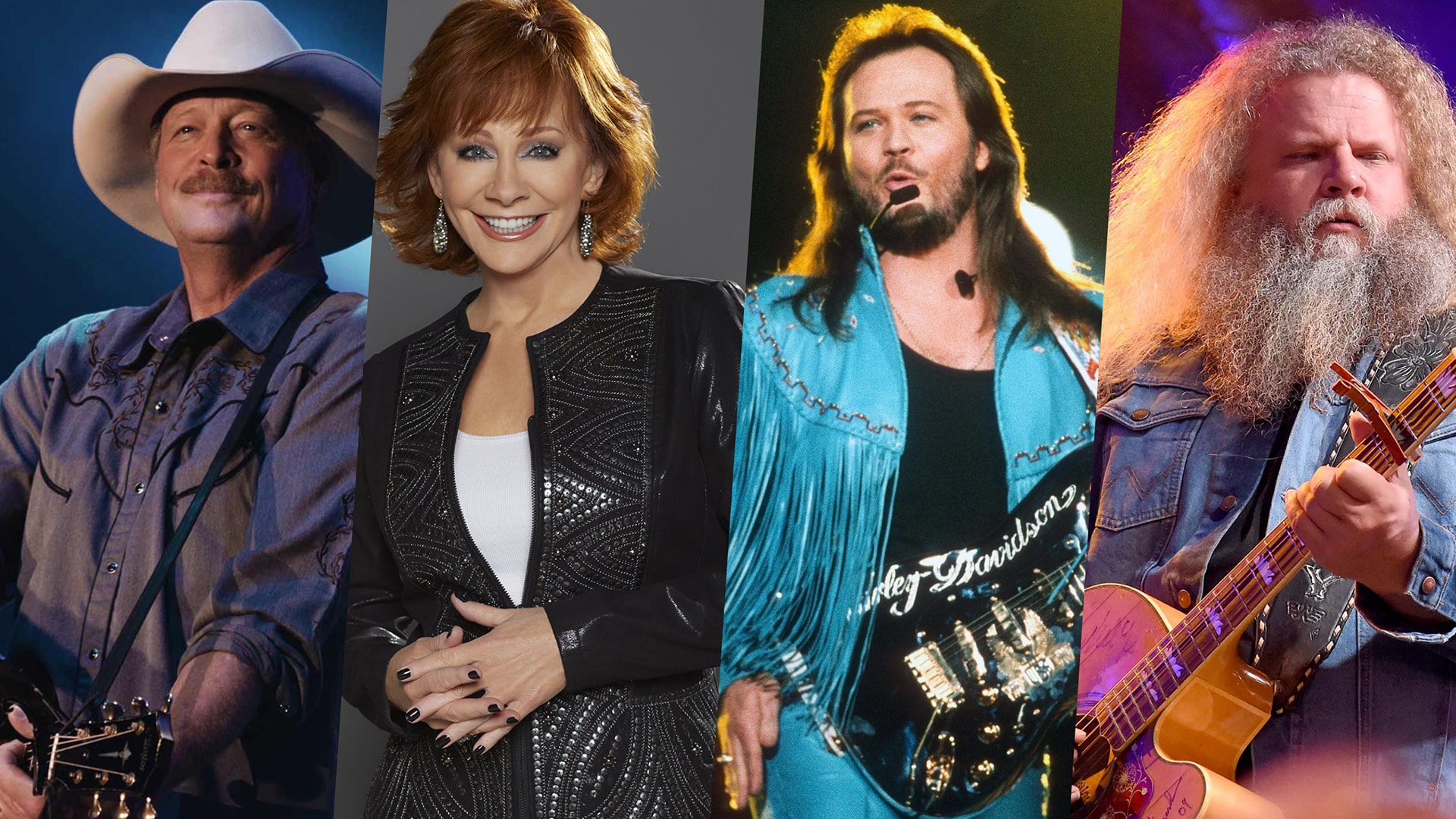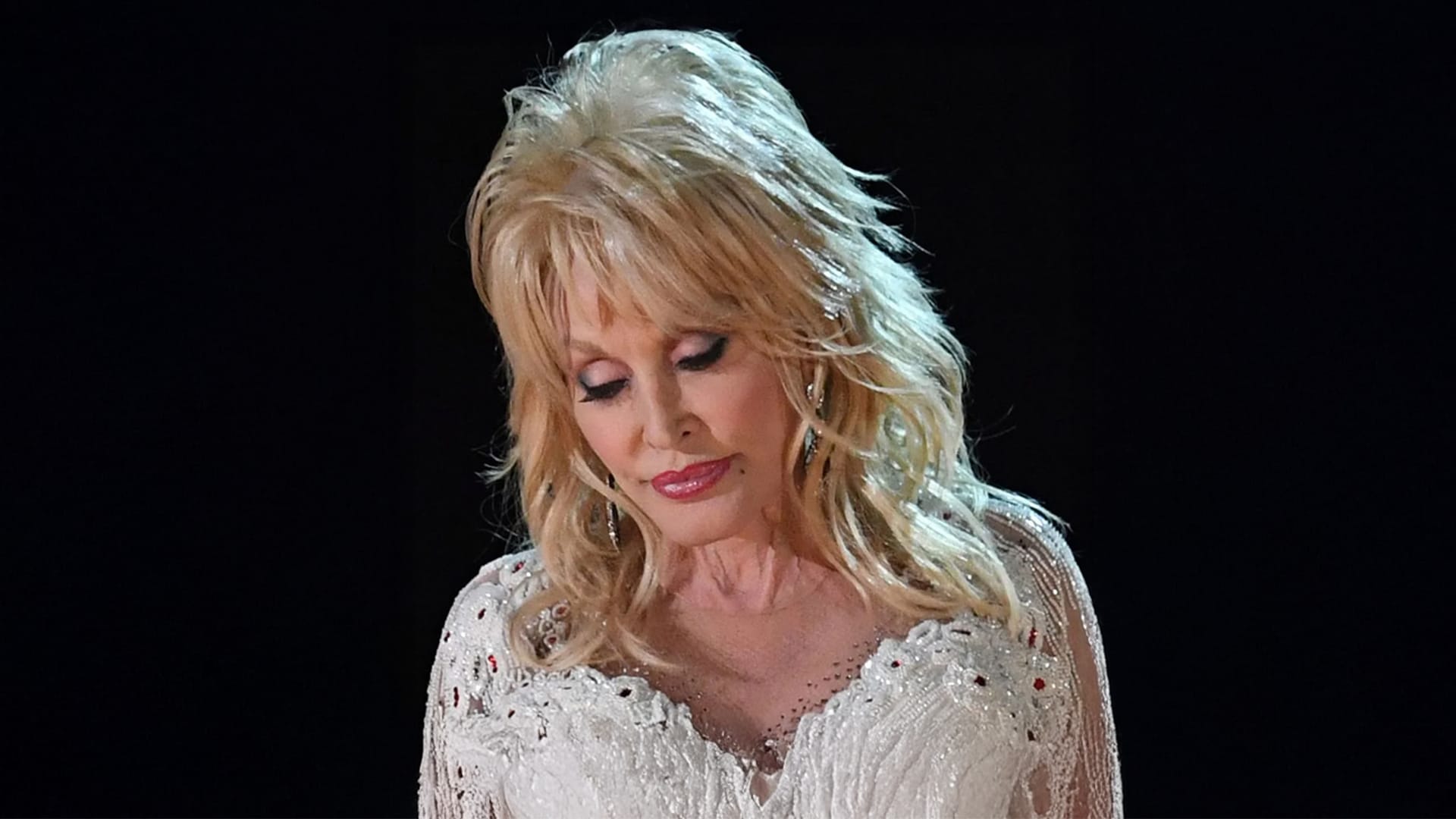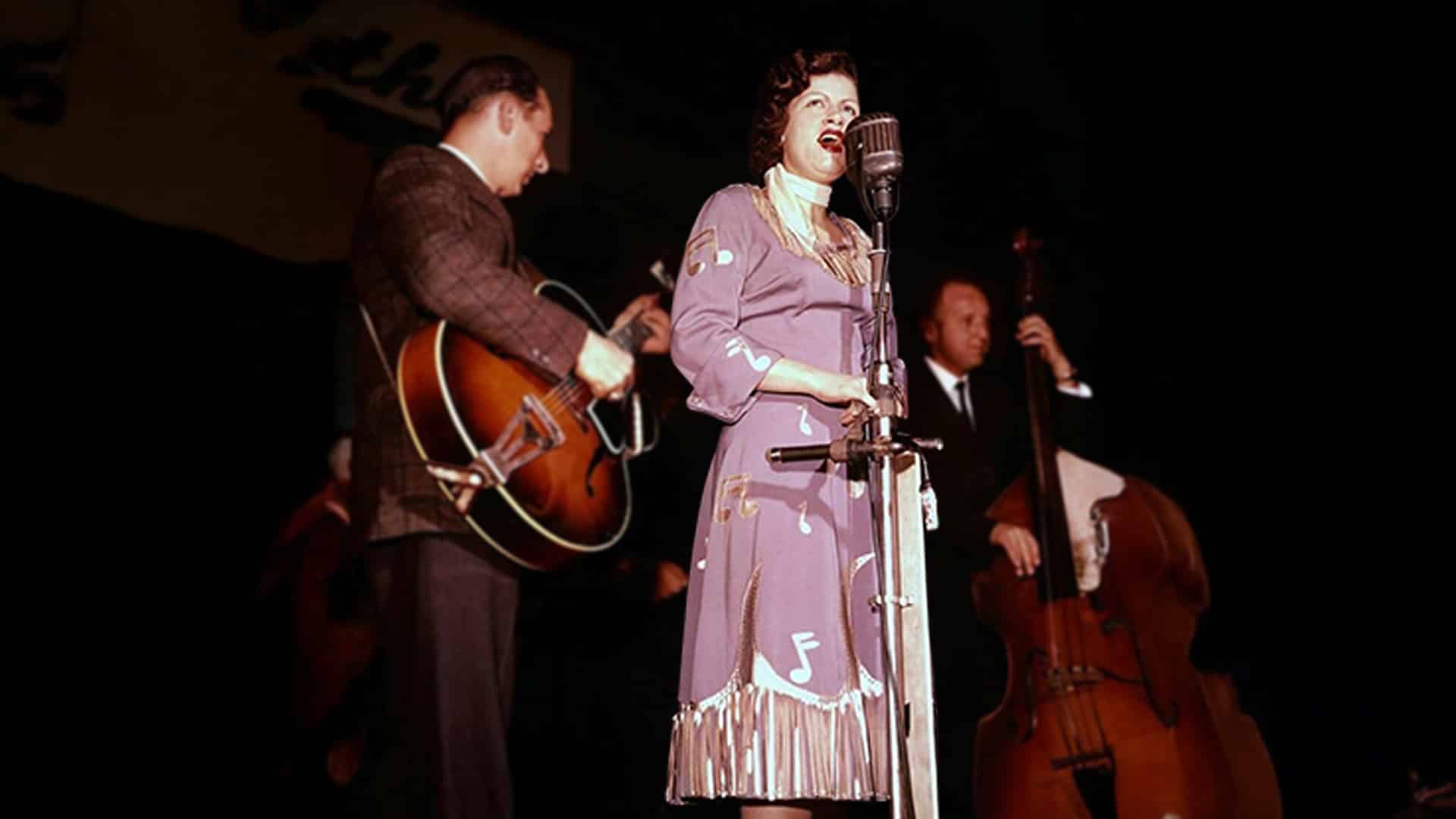Waylon Jennings’ version of “Amanda” is one somber hit that profoundly stands out above all plethora of the country legend’s songs identified as perhaps the best in music history.
The original outlaw was a proud country performer that remains to be recognized as one of the most influential musicians the genre has been graced with. Despite tragic health complications that took the musician’s life, Jennings has continued to be recognized and celebrated for his country masterpieces posthumously.
“Amanda” was recorded by Jennings for his album The Ramblin’ Man in 1974. However, it was not released as a single at that time, but two other tracks, “Rainy Day Woman,” and “I’m a Ramblin’ Man” were.
More than four years later, new overdubs were added to the original track and placed on his first Greatest Hits album in 1979, and that includes “Amanda,” which quickly became one of the biggest country hits in the late 70s. The song peaked No. 1 on the Billboard Hot Country Singles chart in just six weeks, and it stayed at No. 1 for three weeks.
It’s A Song About Unbearable Heartbreak, And It’s Absolutely Chilling
Written by Bob McDill, “Amanda” is a man’s expression of unbearable heartbreak due to the loss of the woman he loves. McDill described the song as an “apology to my wife.”
“I’ve held it all inward, God knows, I’ve tried. But it’s an awful awakening in a country boy’s life. To look in the mirror in total surprise. At the hair on my shoulders and the age in my eyes. Amanda, light of my life. Fate should have made you a gentleman’s wife,” the song goes.
But did you know Waylon Jennings was not the first country icon to release the song? “Amanda” was first recorded and released as a single by Don Williams in the summer of 1973. Williams’ version peaked No. 33 on the Billboard Hot Country Singles chart.
However, even before Williams’ recording attracted the public’s attention, McDill had approached Waylon Jennings with it first. He took “Amanda” over to Jennings’ office, but the country singer was not around. So McDill left the song at the front desk, telling the receptionist to make sure Jennings would listen to the song when he got back, but he never did.
After Don Williams’ cut started getting played, Jennings heard it on the radio and called McDill, saying, “That’s the story of my life, Hoss. Why didn’t you give me that song?” to which McDill answered, “If you look on your receptionist’s desk, I’ll bet you’ll find a copy of it. I tried my best.”
Waylon Jennings assured McDill that he’s going to record “Amanda” someday, and the following year, he was true to his word. Jennings recorded the song, released years later, and it enjoyed an unusual chart life.
Whenever Waylon Jennings performed “Amanda,” his iconic voice and piercing emotion never failed to captivate the entire audience. Check out one of his unforgettable performances in the music video below, where Jennings brought the heart-wrenching song to life.

